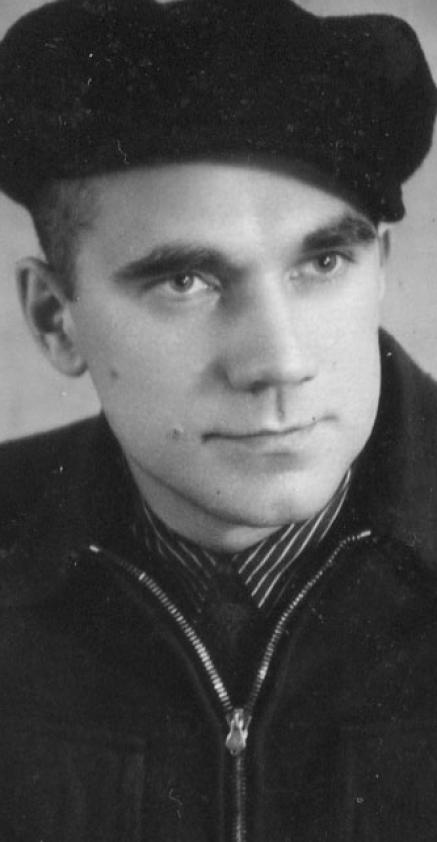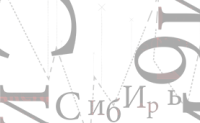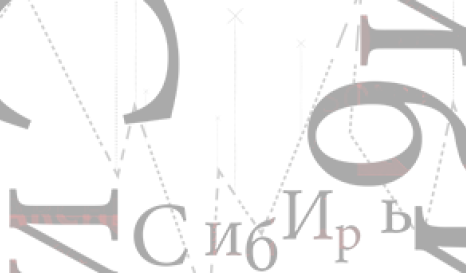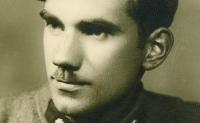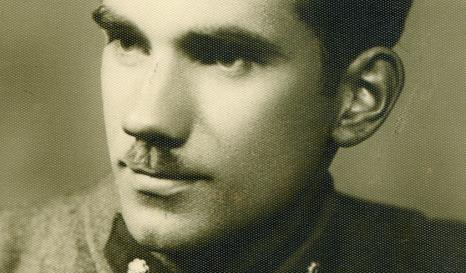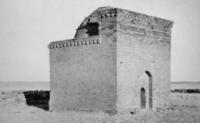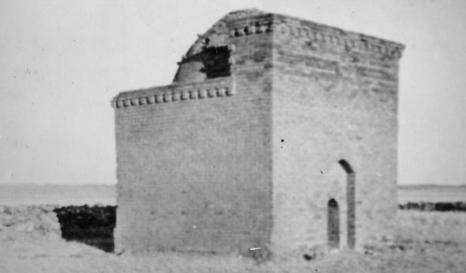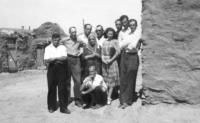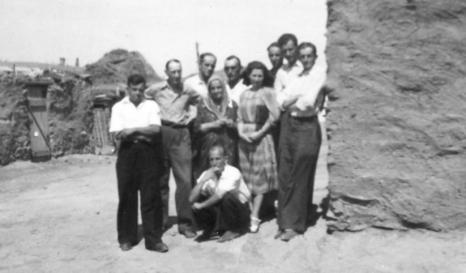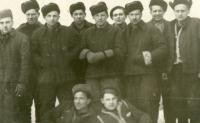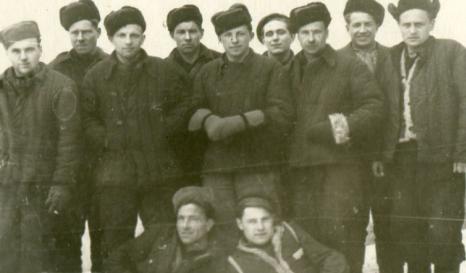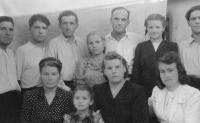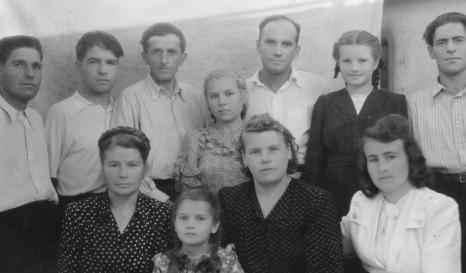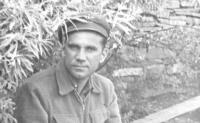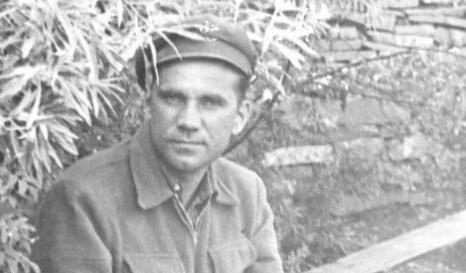BioGraphy
Zygmunt TURZAŃSKI
Zygmunt Turzański was born in 1921 in the village Żupanie in a family of peasants. His native village was composed of 160 domains, the majority of which were Ukrainian families.
By 1939, he finds himself in Stryj, the village bordering Czechoslovakia. Here he starts to be an activist for the resistance. Being under the surveillance of the NKVD during whole the year of 1940, he studies and works. In 1941 and 1942, while he practises as a forester, he’s recruited by the Union of Armed Struggle (Związek Walki Zbrojnej), and starting by 1942 by the Home Army (Armia Krajowa) which replaces the Union in the field of resistance activity. Zygmunt conveys specifically documents, press and mail and registers the information about railway circulation for other members of the resistance movement.
After the arrival of the Red Army, during July 1944, he’s arrested in Stryj. He stays in imprisoned for one year. Finally, he is sentenced to 10 years of labour camp as an ancient insider of an organisation hostile to Soviet Union. In June 1945, Zygmunt Turzański is transferred in Lvov prison and, after that, deported to Kazakhstan the same year. He’s obliged to walk for three days to reach his first place of deportation, the village Zaryk.
He’ll be acquainted with three different locations of Karlag: besides Zaryk, he is deported in the village of Burma where he is imprisoned from 1945 till 1946, and Djezkazgan starting from 1947. In the second special settlement, Burma, he fulfils less tiresome activities, working in an accounting office for example. On the other hand, his life conditions change violently in Djezkazgan. Zygmunt is also struck by the omnipresent surveillance. Nevertheless, thanks to a solidarity relationship between the prisoners, he accedes to the job of a physician’s assistant in the camp. Zygmunt Turzański got acquainted with the lugubriously traditional itinerary punctuated by the research of occupations susceptible to ensure his survival.
After Stalin’s death, he is among liberated prisoners. However, the local authorities convince him to continue to practise as a free worker. He pursues the labour in an open-cut mine and, later, in a supply office. His release is in a certain way twofold: only in 1955 the Polish workers of Djezkazgan arrange for their return to Poland.
These preparations occupy Zygmunt Turzański till 1956 and he comes back to Warsaw only in 1957. He sets up in Głubczyce (small town near the Polish-Czech border) where he starts to work as an accountant in a local brewery.
The interview with Zygmunt Turzanski was conducted in 2010 by Agnieszka Niewiedzial.


